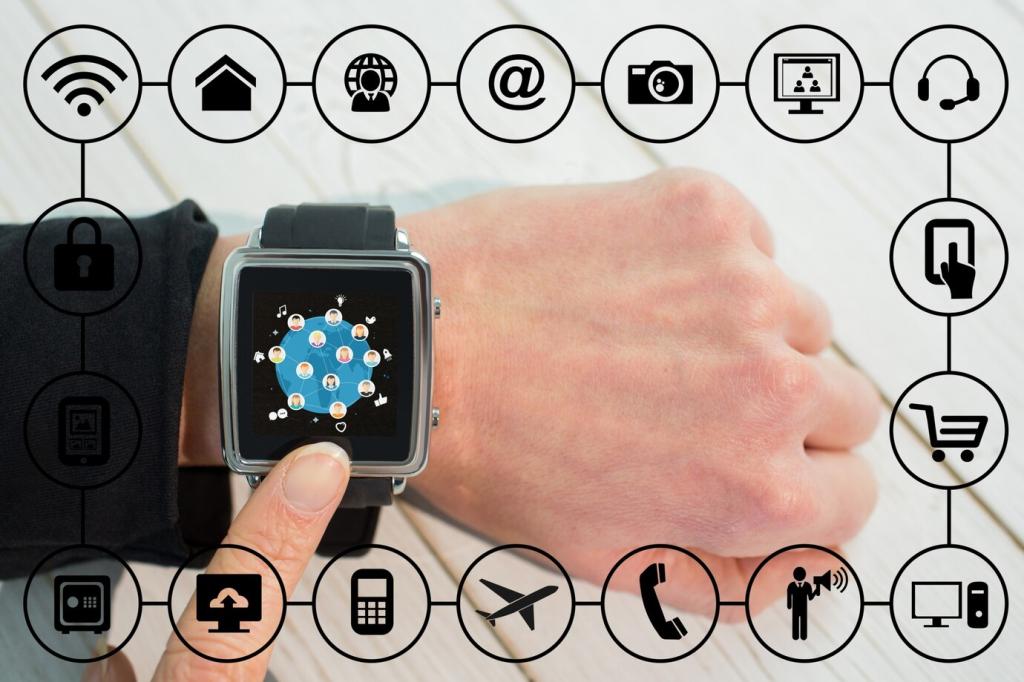
Navigating the Challenges in Developing Wearable Tech Apps
Today’s chosen theme: Challenges in Developing Wearable Tech Apps. Explore real-world hurdles, proven tactics, and uplifting stories that help teams build lovable, reliable experiences on the smallest screens.


Tiny Screens, Big Expectations
Wearables live in micro-moments. Focus on glanceable states, progressive disclosure, and short flows that finish within seconds. Trim text, favor icons, and prioritize a single primary action per screen, always mindful of context.
Tiny Screens, Big Expectations
Fatigue and imprecision are real on tiny surfaces. Leverage rotational input, contextual voice, and subtle gestures. Offer forgiving hit targets, undo options, and fallback paths so users never feel trapped by their wrists.
Battery Life vs. Performance: The Delicate Truce
01
Lab numbers lie. Sweat, motion, and temperature shifts change power behavior dramatically. Use field profiling with varied users, sample times of day, and realistic workloads to uncover hidden drains and optimize intelligently.
02
Wear OS, watchOS, and proprietary platforms throttle aggressively. Embrace OS schedulers, coalesce tasks, and avoid wake storms. Batch network calls when charging or on Wi‑Fi, and document expectations so stakeholders understand trade-offs.
03
Quantize on-device models, prune layers, and cache computed results. Stream inference only when needed. Prefer incremental syncs, delta updates, and adaptive sampling to preserve battery without sacrificing perceived speed or accuracy.
Connectivity and Offline Resilience
The Fragile Bluetooth Handshake
Pairing breaks under interference and movement. Implement exponential backoff, explicit user feedback, and local retries. Cache pending commands, avoid duplicate operations, and record metrics to pinpoint failure patterns across environments.


Designing for Disconnection by Default
Assume the companion phone walks away. Offer offline-first experiences with local storage, queued actions, and clear state indicators. Sync atomically when links return, and show reassuring progress so users remain confident.
Platform Fragmentation and API Drift
Map sensors, inputs, background limits, and store policies per platform. Use capability checks and feature flags to avoid brittle forks. Document fallbacks and track deprecations to plan migrations proactively.



Security, Privacy, and Earning Trust
Process sensitive data on-device whenever possible, transmitting only aggregated or anonymized insights. Provide clear toggles, explainer screens, and per-scope permissions that reflect real user intent and comfort.
Security, Privacy, and Earning Trust
Use authenticated pairing, rotating tokens, and encrypted links. Pin certificates, validate timestamps, and handle clock drift. Design for revocation and recovery flows that are simple even during stressful moments.
Testing in the Wild and Continuous Feedback
Simulators speed iteration, but they never run up stairs. Combine device farms with outdoor routes, gyms, and commutes. Capture logs unobtrusively and correlate issues with context like temperature or motion intensity.

Testing in the Wild and Continuous Feedback
Recruit diverse testers across skin tones, wrist sizes, and lifestyles. Run multi-week studies to understand habits, charging patterns, and frustration points. Share roadmaps and celebrate bug bounties publicly.
